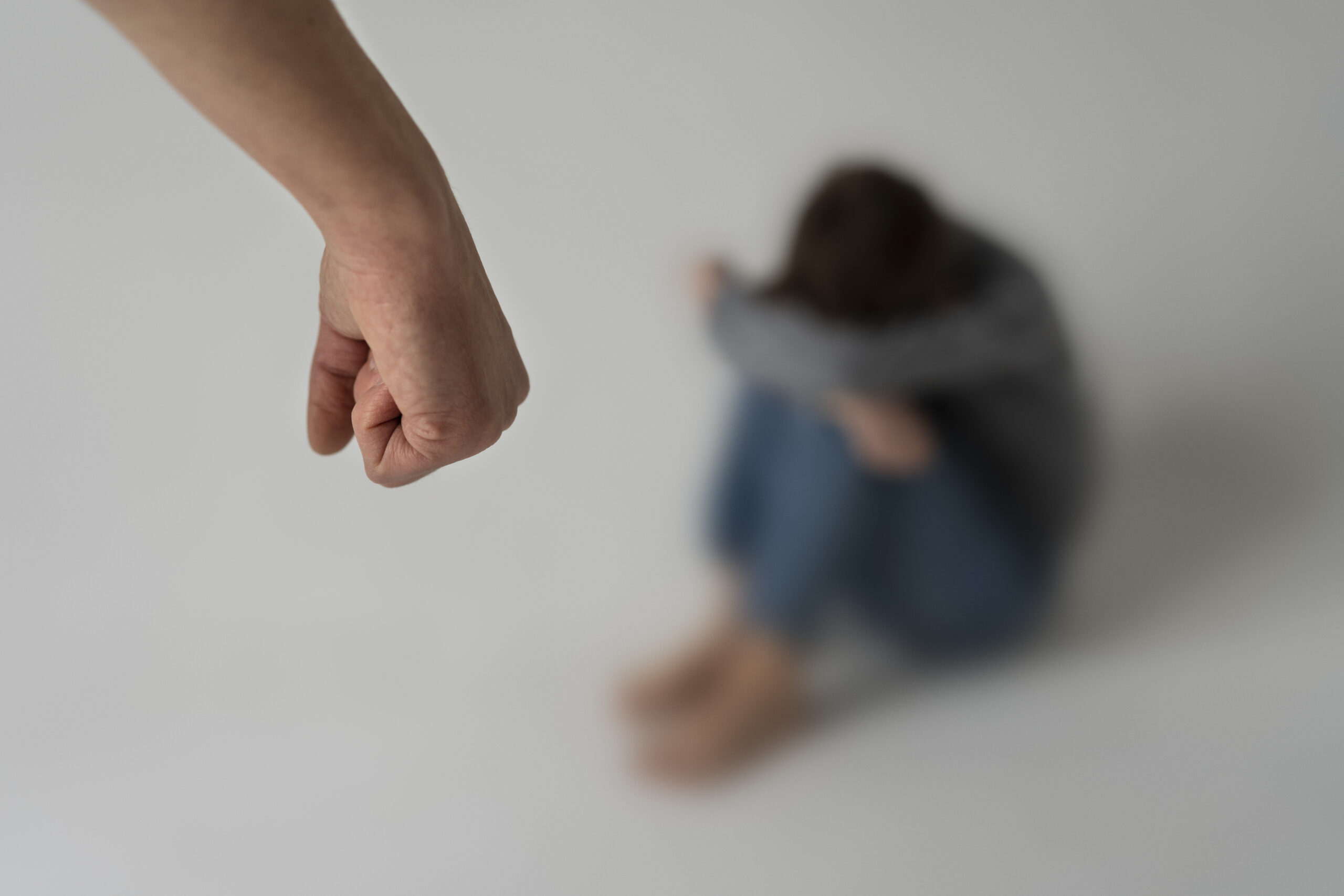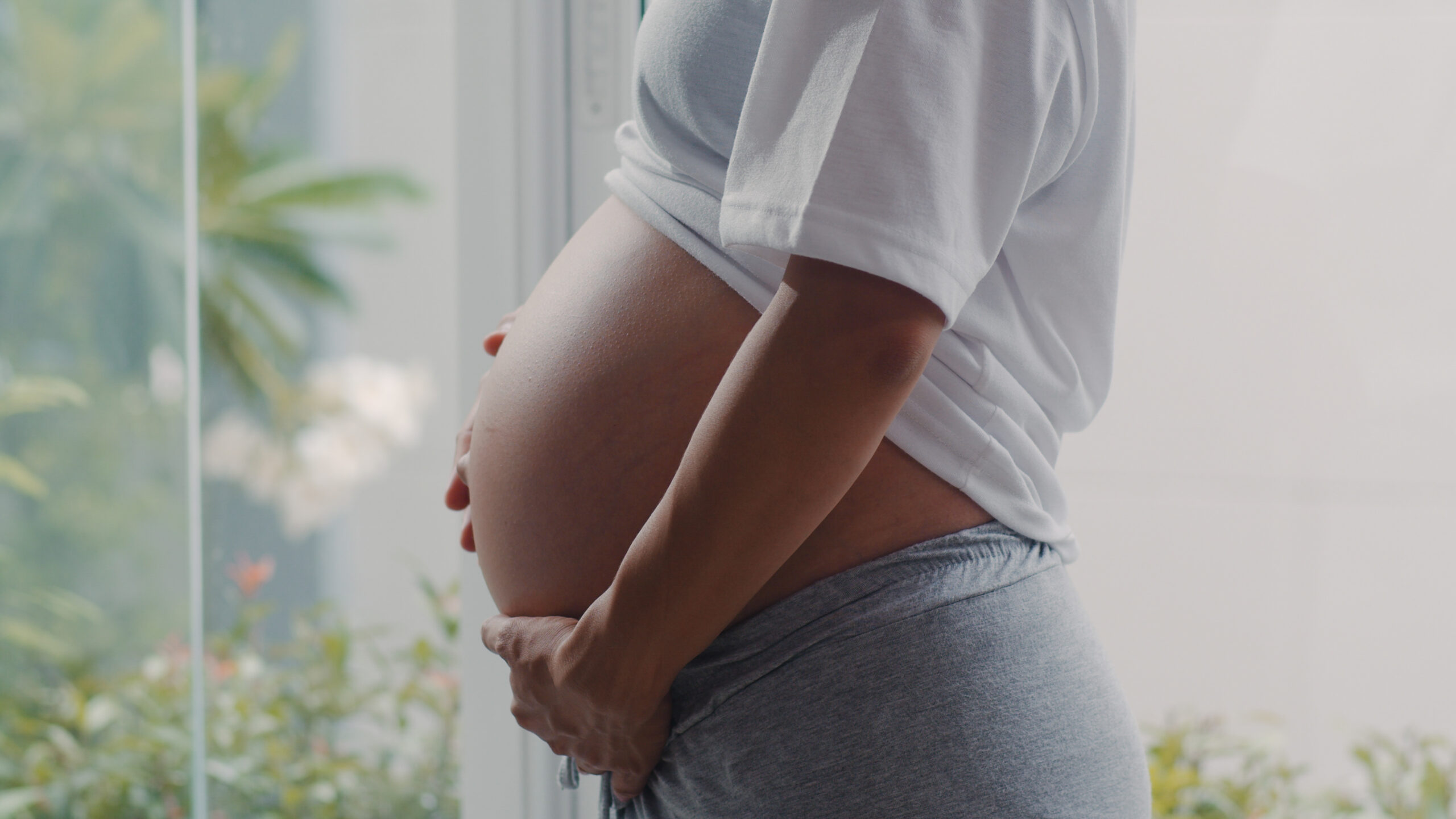Will not allow CANCER to kill ME
For many people, a cancer diagnosis is a death sentence. For Joseph Kinuthia however, it was a call to prayer and finding ways to fight the disease. He narrates his
For many people, a cancer diagnosis is a death sentence. For Joseph Kinuthia however, it was a call to prayer and finding ways to fight the disease. He narrates his experience to MWAURA MUIGANA.
One Sunday, Joseph Kinuthia, 34, stood up and gave a moving personal account at the Deliverance Church in Zimmerman, Nairobi. Many in the audience had expected a frail man struggling to hang on to dear life and pleading for a sympathetic ear after being afflicted with cancer, but Joseph had a hearty laugh, strong voice and actively ran his business. In fact, he is so busy that on the day he was scheduled for an interview this interview, he didn’t show up because he had to drive his business partner to the airport to catch a flight to South Sudan. But he called to apologise and reschedule the appointment for the next day.
He showed up for the interview accompanied by his wife of five years, Beatrice Wangui, and their daughter Chelsea Wangari, four. He was indeed not a downcast survivor, worn out by self-pity and bitterness against the society and crying out for encouragement and inspiration to live, but a man full of life and true inspiration himself.
A Bachelor of Science graduate from the Jomo Kenyatta University of Agriculture and Technology, Joseph drove his family to the interview in a brand new vehicle. His wife Beatrice said her husband went about his business despite his condition without let or hindrance. She also told he would be driving the family to Makueni after the interview.
True, he looked a little frail and somewhat skinny in a big body frame, but it was obvious he was regaining his health. “Cancer is not a death sentence, it is treatable. Doctors had given me two months to live but I’m still going strong. I will never die of cancer. I will live for many years to declare the goodness of the Lord,” says Joseph.
A born-again Christian, Joseph is an usher and active in many committees in his church, besides being a partner at Bekin International Limited, a South Sudan-based construction company. During the interview, he was excited that he was regaining his health and that many people flocked his Zimmerman estate home for encouragement and information about cancer. He tells his story:
“Since my primary school days and before September 2010, I had been a very active sportsman, playing soccer and athletics. I have numerous trophies and certificates in my house to show for it. That September I started feeling unwell and noticed blood in my stool. At the time I was working for a company doing business in Sudan but I stopped working four months later in December 2010 when I could no longer deliver due to sickness.
When I started feeling unwell, I sought medical attention at Coptic Hospital in Ngong Road, Nairobi. For the next two months I was in and out of hospital without any improvement. Probably because there was blood in the stool, I was first diagnosed with typhoid and given medication. After further tests I was diagnosed with amoeba and treated but my condition continued to deteriorate. I returned to the hospital in November 2010 with severe pain in every part of my body. I couldn’t walk and sitting in the office was torturous.
Further tests revealed severe constipation and haemorrhoids. Constipation treatment commenced while the haemorrhoids were removed in an operation in January 2011 before I was discharged from hospital, although I was still weak and my body pained all over. I resolved to resume a normal routine as a way of encouraging myself. I did not wish to give up my faith that God would heal me. I therefore spent three days praying and fasting at the Region Beyond Ministry (RBM), a PCEA church facility in Matuu, Machakos County.
So strong was my determination to fight the illness those two weeks after the operation that I travelled to South Sudan with two business partners to register a construction company, Bekin International Limited. My spirits were boosted when we won our first client whose contract we are still delivering on up to now. However, my health deteriorated rapidly. I could not walk, sit down, eat or pass stool and suffered insomnia and severe pain all over my body. I was devastated and forced to return home immediately for more checkups at Kenyatta National Hospital’s Doctors’ Plaza.
With all these symptoms battering my body I wasn’t sure which specialist to consult. Since my back ached a lot, I consulted an orthopaedic surgeon. An X-ray gave my back a clean bill of health. What next? I asked myself sadly. I sought reference from the same doctor to a specialist who understood what happens from the time food gets into the mouth until it comes out of the body as waste because I could neither eat nor pass stool. He referred me to a specialist who took me through a test called colonoscopy.
Traces of cancerous cells were found in my system and I was put through further specialised verification tests at KNH. Cancer of the rectum, known as colorectal cancer, was confirmed. As if that was not devastating enough, the doctor bluntly declared that the cancer had not only spread to the liver and lungs, but it was also in the final fourth stage. Furthermore, he said, it was not treatable but he would try to manage it. Thereafter he summoned my wife Beatrice and confided that I, at most, had two months to live!
As a born-again Christian, I bowed down and asked God, ‘Did You hear that?’ I knew I had come to the end of human effort and awaited His intervention. The doctor booked me at the Matter Hospital for an urgent surgery called colostomy to create a way for the passage of stool and urine. However, through my wife’s advice we sought a second opinion before going in for surgery. A fellow worshipper at the Deliverance Church in Zimmerman whose husband had undergone cancer treatment referred us to an oncologist at the Aga Khan Hospital, Nairobi.
The oncologist ruled out surgery and recommended chemotherapy to shrink the tumour in the rectum and reduce small tumours in the urinary glands to allow passage of stool and urine respectively. He immediately booked me for the first session of chemotherapy at the hospital at a cost of Ksh150000. Two weeks later I had the second session before my family decided that I should seek further treatment in India. My cousin James Kimani Ngau and friend Cyrus Wachira organised an urgent harambee that realised Ksh1.5 million. Then we started searching for a good cancer hospital in India by asking friends around.
The Indian experience…
My bank manager connected me to a person who had undergone similar treatment at Rubi Hall Clinic in India’s Pune city. In June 2011, vigorous tests at the clinic confirmed the earlier diagnosis. However, contrary to the impression by local specialists, the panel of doctors assured my wife and I that it was both treatable and manageable. They also said that when cancer has spread to more than one position one shouldn’t undergo surgery and therefore recommended 12 chemotherapy sessions.
The precision with which the doctors and nurses handled me and other patients was unforgettable. No single doctor made a decision on a patient’s condition; it was a panel of doctors and treatment didn’t commence until they were 100 per cent sure of the diagnosis.
The services in India are affordable and professional. For instance, there are 56 cancer doctors and 76 cardiologists at Rubi Clinic. I got the impression that the medical career in India is first and foremost a calling by God, then secondly a career. After one session at Rubi Clinic, I was discharged, returned home and continued chemotherapy sessions at the Aga Khan Hospital. I also returned with original drugs that are comparatively affordable in India.
My doctor at Aga Khan has been very supportive and took me through the chemotherapy sessions. My last session was in the first week of January and I’m scheduled to travel to India for a review.
Hope to the hopeless…
My message to afflicted people is that cancer is treatable, especially when detected early. I was given two months to live by the first doctor but months later; I suffer no pain in my body, perform my duties normally, drive myself around while conducting business, and often travel to South Sudan on business.
A ministry is coming up in our home to give people hope and encouragement. I’m sharing information with survivors and their relatives, assisting them to seek medical treatment in India where it is comparatively affordable. I’m encouraging them amidst misinformation about cancer as a terminal illness. I also give my testimony in churches and schools to create awareness about the condition and intend to start a support group to lobby for survivors’ rights and assist them and their families.
Support system…
Any condition that is poorly understood is mystified and therefore cancer survivors face stigmatisation and isolation. The condition is associated with witchcraft or mistaken to be HIV/AIDS. It is widely considered a terminal illness and it is common for family, relatives and friends to desert an afflicted person in the false belief that they are dying. I was not an exception. Some friends and relatives who thought cancer was a death sentence deserted me. Some including close relatives said I had contracted HIV/AIDS while others claimed my wife and her mother had bewitched me. Cancer survivors therefore need to encourage themselves a lot through a strong support system that should start from close family members, relatives and friends.
When I was leaving for treatment in India I was cautioned against being accompanied by my wife because she would seize the opportunity to kill me far away from home. A close family friend even cautioned her against conception because she would have to take care of the child alone as I was dying. I urged her not to take it to heart, but to love and prove them wrong, which she did and today they are very good friends who appreciate her.
It was not all gloom however, as my church supported me through prayer, finance, and visiting my family for consolation. My recovery has not been without pain. For instance, the use of chemotherapy to treat cancer has many side effects such as hair loss, constipation, numbness in the limbs, particularly fingers and toes, while the strong drugs while killing cancer cells, also kill all other cells thus weakening immunity and leaving the body vulnerable to infections. At one time I picked flu from my daughter and it put me down for six weeks when I could not leave the house. I am now under doctor’s instructions to keep away from crowds for four days after every chemotherapy session to avoid infection.
Joseph’s contacts: 0720 811212 and 0722 215447
Published in January 2012




